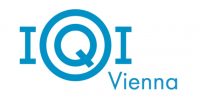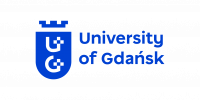General information
The International Centre for Theory of Quantum Technologies (ICTQT) is a joint research unit of the University of Gdańsk and the Institute for Quantum Optics and Quantum Information of the Austrian Academy of Sciences (IQOQI-Vienna), which plays the role an official strategic partner. ICTQT was funded by the Foundation for Polish Science within implementation of the project “International Centre for Theory of Quantum Technologies”. The project is financed by the Foundation for Polish Science from the European Union funds of the Smart Growth Operational Programme, axis IV: Increasing the research potential (Measure 4.3) under the International Research Agendas Programme. The founders of ICTQT are Marek Żukowski as the director, and Paweł Horodecki as a co-applicant.
The scientific priori of ICTQT is to find new solutions and protocols for basic aspects of fundamental quantum physics, from new non-classical phenomena, measures of non-classicality, structural aspects of quantum theory, theory of quantum measurement, up to theory of open systems and quantum thermodynamics, and bring them into quantum technologies.
The purpose of the ICTQT is to conduct scientific research and development works in accordance with the adopted research agenda, in an international academic environment and at the highest academic level, with due regard for high ethical standards, good academic practice in particular, and to disseminate knowledge.
The ICTQT activity is focused on the scientific research in the area of quantum foundations, quantum communication, quantum information, as well as on a development of quantum technologies with an emphasis on quantum communication and new computing techniques.
Additional goals of the ICTQT is to form a stable environment of cutting edge theoretical quantum research aimed at new basic technologies, and to train young experts in this field as well as to create an innovative centre of excellence of a scale of influence beyond the Polish borders, which would directly and continuously collaborate with the IQOQI-Vienna.
People behind ICTQT
Leaders - Management Board
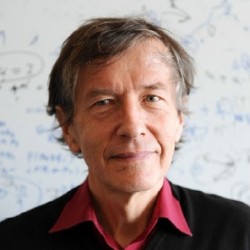
Marek Żukowski
DIRECTOR OF ICTQT / GROUP LEADER
Multiphoton Quantum Optics for Quantum Information Group
marek.zukowski@ug.edu.pl
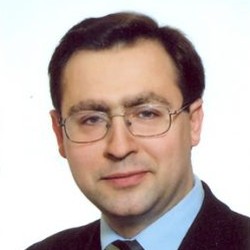
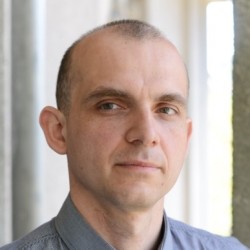
Michał Horodecki
GROUP LEADER
New Quantum Resource and Thermodynamics Group
michal.horodecki@ug.edu.pl
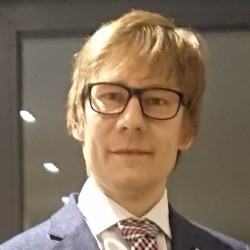
Marcin Pawłowski
GROUP LEADER
Quantum Cybersecurity and Communication Group
marcin.pawlowski@ug.edu.pl
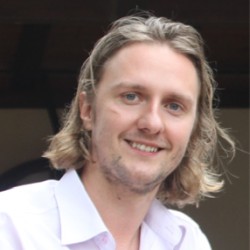
Łukasz Rudnicki
GROUP LEADER
Quantum Open Systems in Relation to Quantum Optics Group
lukasz.rudnicki@ug.edu.pl
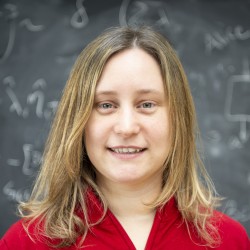
Ana Belen Sainz
GROUP LEADER
Foundational Underpinnings of Quantum Technologies Group
ana.sainz@ug.edu.pl
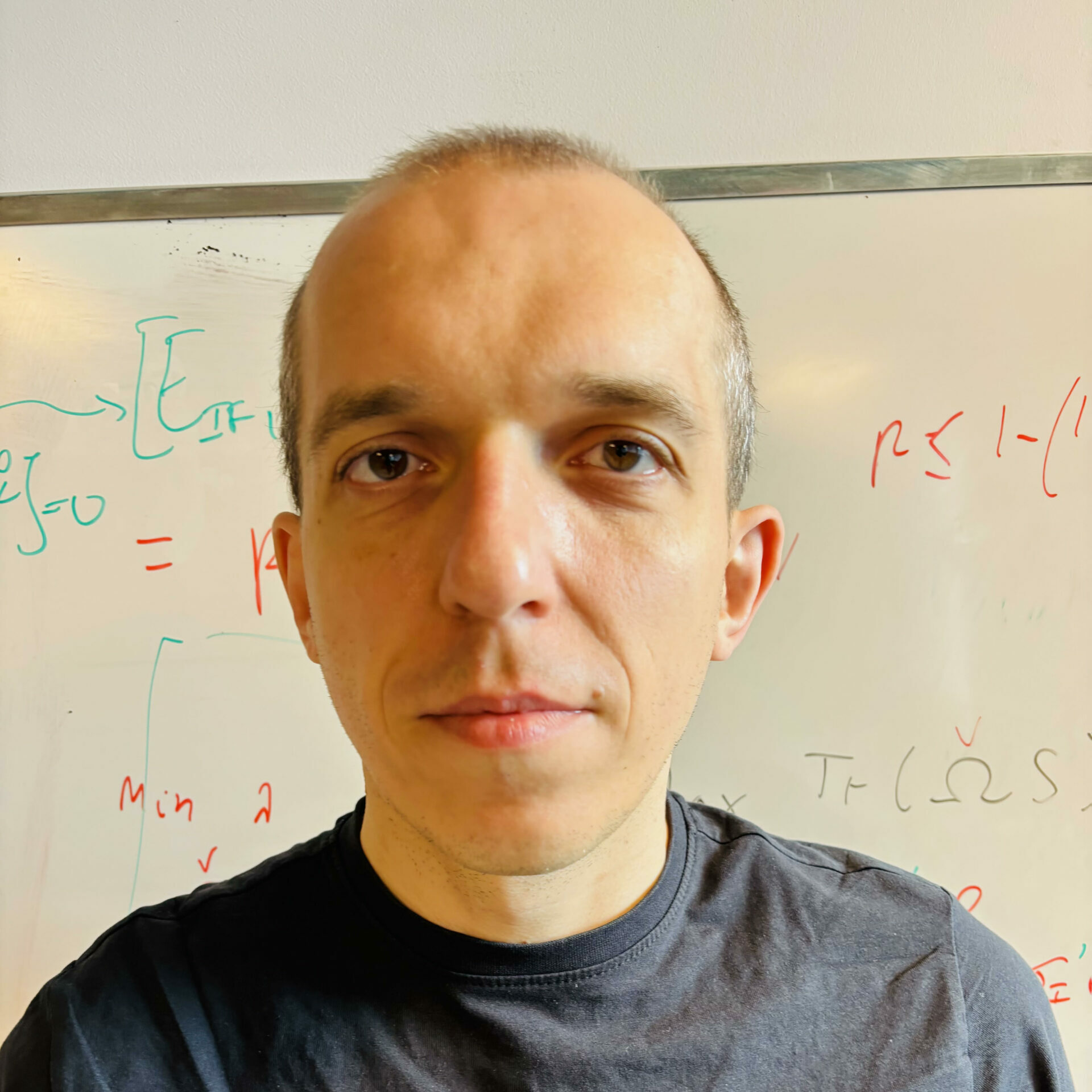
Michał Studziński
GROUP LEADER
Quantum Devices in Computer Science Group
michal.studzinski@ug.edu.pl
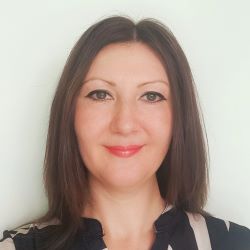
Independent Researchers
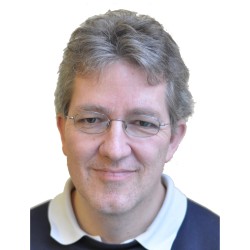
Markus Grassl
SENIOR RESEARCHER
markus.grassl@ug.edu.pl
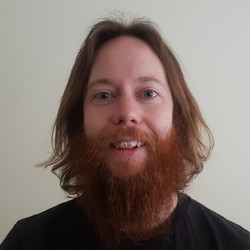
John Harry Selby
TEAM LEADER
john.selby@ug.edu.pl
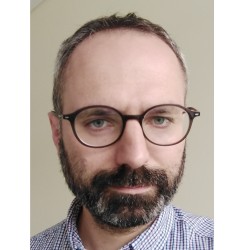
Marcin Markiewicz
SENIOR RESEARCHER
marcin.markiewicz@ug.edu.pl
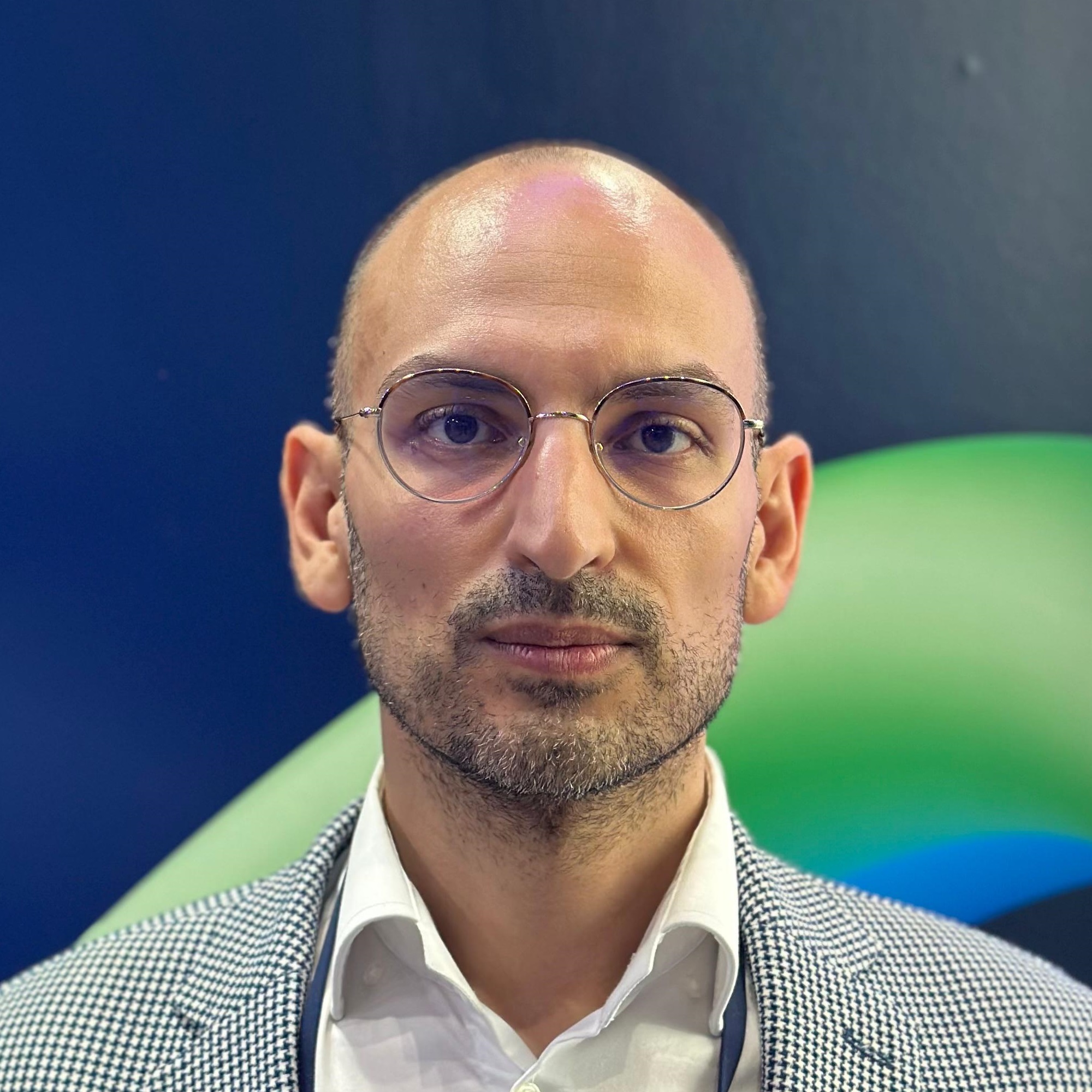
Antonio Mandarino
SENIOR RESEARCHER
antonio.mandarino@ug.edu.pl
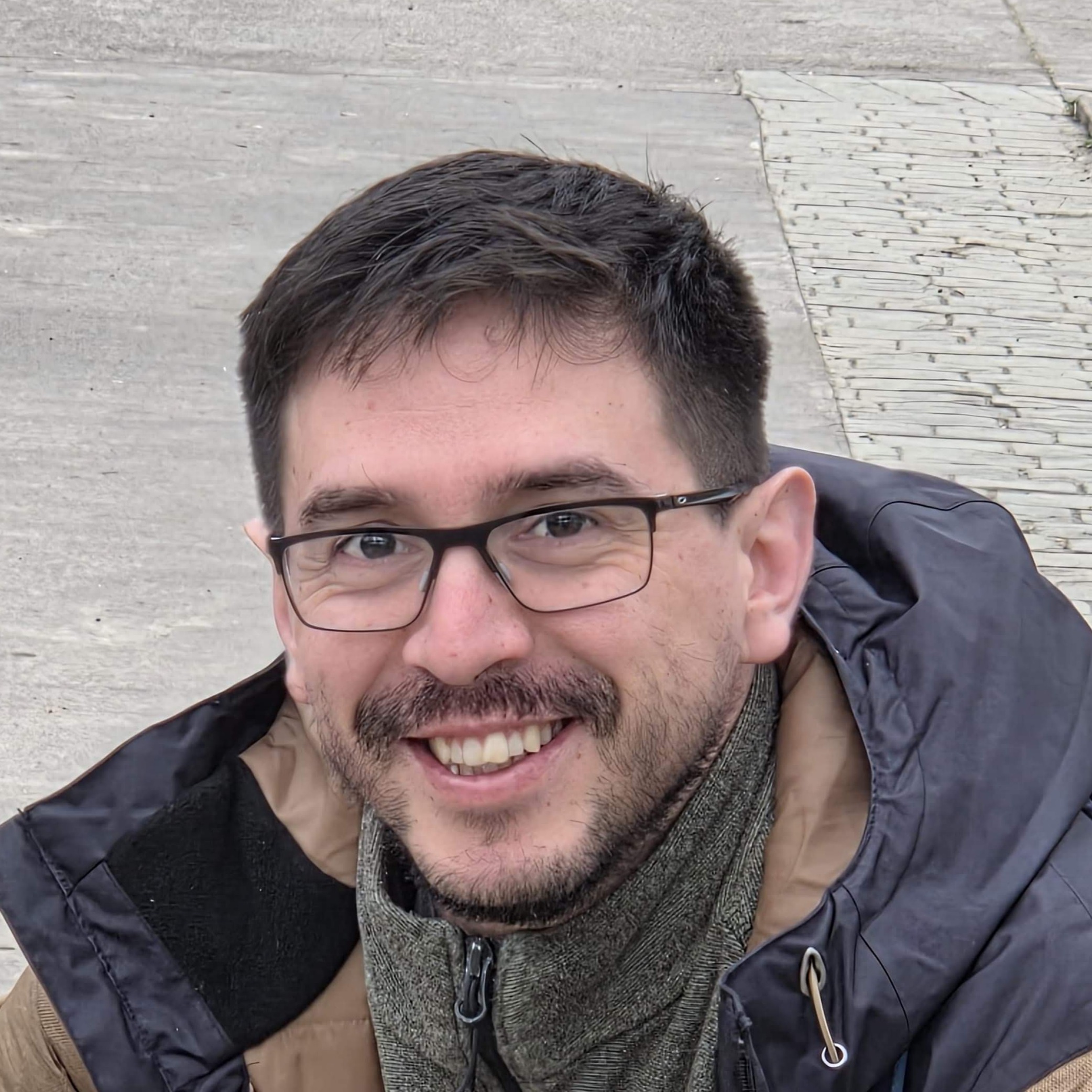
Jorge Escandón-Monardes
SENIOR RESEARCHER
jorge.escandon-monardes@ug.edu.pl
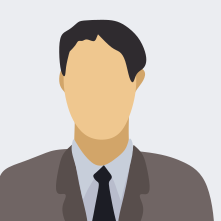
Aleksander Adam Lasek
SENIOR RESEARCHER
aleksander.lasek@ug.edu.pl
International Scientific Committee
The International Scientific Committee (ISC) serves as a consultative and advisory body of the Rector of the University of Gdańsk and the Director of the ICTQT. The aim of the ISC is to help ICTQT to determine the directions of development of the research agenda and to maintain research at the highest possible level in comparison with international standards, including global progress in scientific research in the field of theory for quantum technologies.
Partners
Funding Agencies
The International Research Agendas programme is based on the Teaming for Excellence programme announced by the European Commission as part of Horizon 2020. It provides support for specialised, independent research units in Poland which pursue international research agendas in strategic cooperation with renowned scientific institutions from other countries.
The total amount designated for funding International Research Agendas projects under the Smart Growth Operational Programme (Measure 4.3) is approx. EUR 126 million. So far support has been awarded to 11 establishments implementing an International Research Agendas project. In competition No. 2/2015 one project was selected; as a result of competition No. 3/2016 three projects received funding, three further projects were awarded support as part of competition No. 4/2017, three more in competition No. 8/2017 and one in competition No. 10/2018.
Project funding include costs of R&D work conducted by the unit implementing the IRA, costs connected with efficient functioning of the unit, costs of operating existing infrastructure, cooperation between partners, and knowledge transfer. However, support for new infrastructure will be limited to the purchase of essential laboratory equipment and fit-out.

